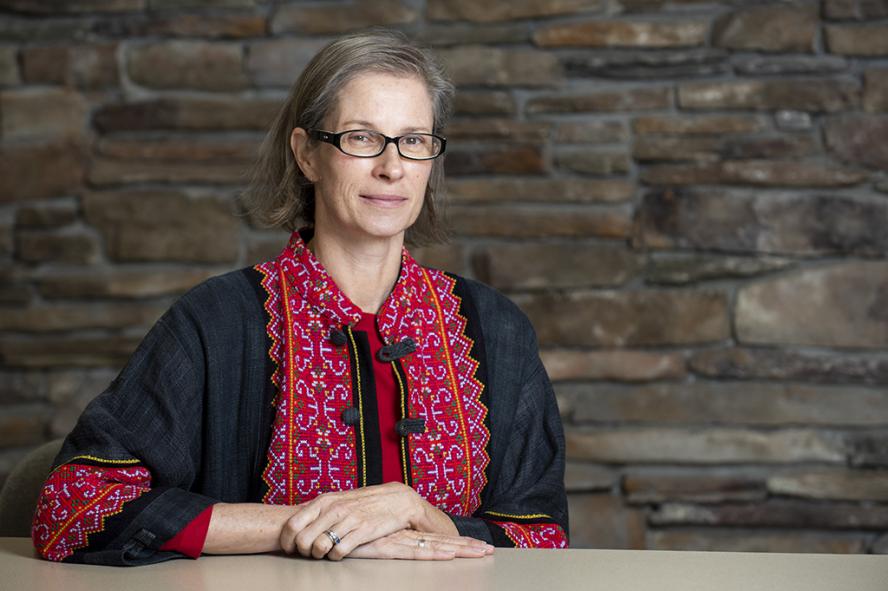-
About
- Leadership & Faculty
- News & Events
-
Academics
- Graduate
- Advanced Clinical Training
- Continuing Education
-
Student Life
-
Research
-
Hospitals & Clinics
- Emergency Care
- Hospital Services
-
Community Outreach
- Volunteer
How Could COVID-19 Have Been Prevented?
Assistant professor Felicia Nutter explains why we need to understand interactions among humans, animals, and their ecosystems to avoid future pandemics.

Like most of us, the faculty and researchers at Cummings School have watched the COVID-19 pandemic develop and spread with a mixture of concern and curiosity.
While none of them were surprised to see a new virus spill over from animals to people, they still have lots of questions about how it’s infecting and affecting people worldwide—and what it will take to bring the U.S. and international outbreak under control.
We asked experts to share what questions about COVID-19 they’d most like to be able to answer in the months ahead.
Assistant professor Felicia Nutter, V93, is a board-certified wildlife veterinarian, an epidemiologist, and the project lead for the Indonesia One Health University Network’s One Health Laboratory Network, which builds laboratory capacity and collaboration across animal and human health diagnostic laboratories in Indonesia. She also directs Cummings School’s International Veterinary Medicine Signature Opportunity and has a secondary appointment in the Department of Public Health and Community Medicine at the Tufts University School of Medicine.
“What we know about SARS-CoV-2 is changing rapidly, with so much new information added almost daily that it can be difficult to keep up,” said Nutter. “Even so, there are critical gaps in our knowledge of the virus’s biology, ecology, and pathology that will take a lot more time and effort to understand. That understanding informs how we respond to this pandemic and hopefully prevent others in the future.
We already know that this is a zoonotic virus, able to move between humans and other animals, and we need to know more about the potential for SARS-CoV-2 infections across a range of species and their shared environments. Much of the needed research will benefit from a One Health approach—looking holistically at interactions among humans, wild and domestic animals, and their ecosystems. This One Health approach is a founding principal for the Cummings School and is reflected in our mission of healing animals, helping humans, and transforming global health.
The evidence suggests SARS-CoV-2 spread from a wild mammal to humans. Zoonotic viruses do not know directions, and so have the potential to move from humans once again to other animals. SARS-CoV-2 infections have already been documented in dogs, domestic cats, and captive tigers and lions, and more species will certainly be added to that list. The animals that we interact with must be broadly included in studies of how the virus is transmitted. Otherwise, we may miss important sources of spread that could undermine our control measures. Such research is already underway here at Tufts.
There is one elusive piece of knowledge that I would love to have, which is how to inspire humans to act in our own best interests over the long term. We decide our futures—including whether or not we continue to create the conditions for new pathogens to emerge. Changing human behavior is complicated and difficult, but it is both possible and essential for solving our toughest problems.”
Read more responses in our “Special Report: Answers Needed About COVID-19” series from Janetrix Hellen Amuguni, Amanda Martinot, Marieke Rosenbaum, Jonathan Runstadler, Abhineet Sheoran, Charles Shoemaker, Sam Telford, Saul Tzipori, and Chris Whittier.